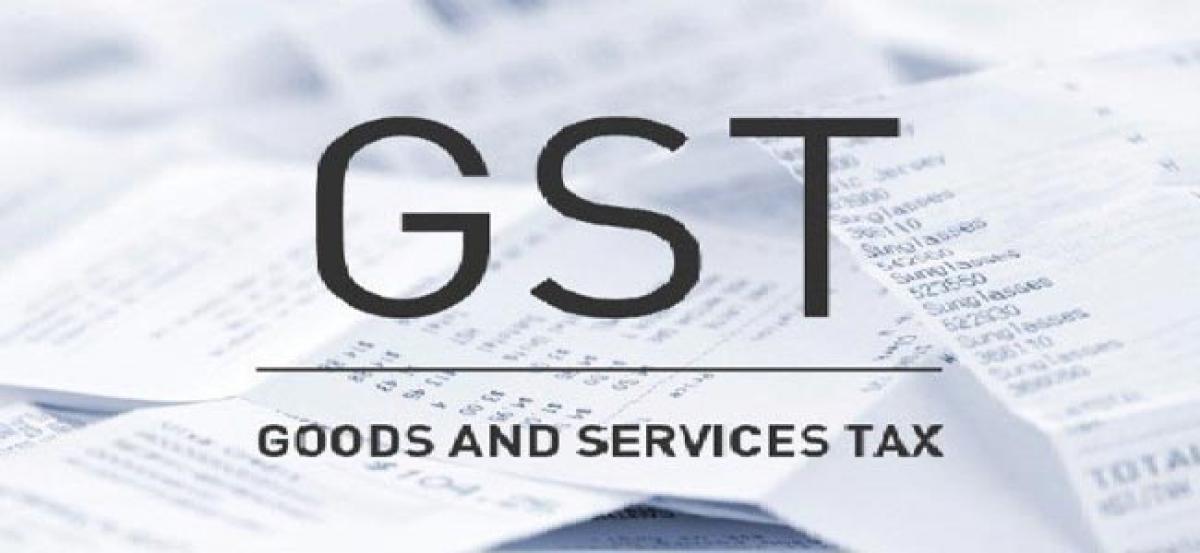Live
- Vedamrit Honey’ launched
- Arjun Das Brings Mufasa to Life in Tamil
- Odisha move to prepare maritime perspective plan
- Jal Jeevan Mission empowering women in rural areas: PM Modi
- Pradhan urges Nadda to set up pharmacy unit in Odisha
- Assembly winter session ends ahead of schedule
- Nepali Army Chief General Ashok Raj Sigdel Strengthens Ties With India In Four-Day Visit
- BRS MLAs, MLCs Skip Second Day of Orientation Classes
- Andhra Pradesh Student Dies in Tragic Car Crash in Leicestershire, 4 Others Injured
- Oppn assails delinking of Waltair div from ECoR
Just In

India on Monday took a major step towards a unified goods and services tax regime across the country, with parliament passing the relevant constitution amendment bill in what is seen as the most radical indirect tax reform in over six decades.
New Delhi: India on Monday took a major step towards a unified goods and services tax regime across the country, with parliament passing the relevant constitution amendment bill in what is seen as the most radical indirect tax reform in over six decades.
The Lok Sabha on Monday passed the amendments to the bill adopted by Rajya Sabha during its passage last week.
Prime Minister Narendra Modi was present in the Lok Sabha when the bill was passed.
Intervening during the nearly six hour debate on the bill, he said Goods and Services Tax (GST) bill will go a long way in helping states, support small entrepreneurs and also curb the menace of corruption.
He said that the new tax law will be an important step towards getting the country rid of "tax terrorism" and also make "consumers the king".
The Constitution (One Hundred and Twenty-Second Amendment) Bill, 2014 and amendments were first declared approved by a two-thirds majority with 443 members of the lower house voting in its favour in the final vote and none against.
AIADMK, which had staged a walk out in the Rajya Sabha, did so in the Lok Sabha also.
The government had moved amendments in the Rajya Sabha to the bill, which was passed by the Lok Sabha in 2015, to accommodate concerns of opposition, notably the Congress.
The new regime the idea for which was mooted some 13 years ago seeks to subsume all central indirect levies like excise duty, countervailing duty and service tax, as also state taxes such as value added tax, entry tax and luxury tax, to create a single, pan-India market.
Some items, notably potable alcohol and petroleum products, will be outside its purview for now.
Replying to the debate, Finance Minister Arun Jaitley said that demand for reducing the indirect taxes and hiking direct taxes is not practical, adding corporate tax in India was kept "competitive" on purpose, in comparison with other countries.

© 2024 Hyderabad Media House Limited/The Hans India. All rights reserved. Powered by hocalwire.com







